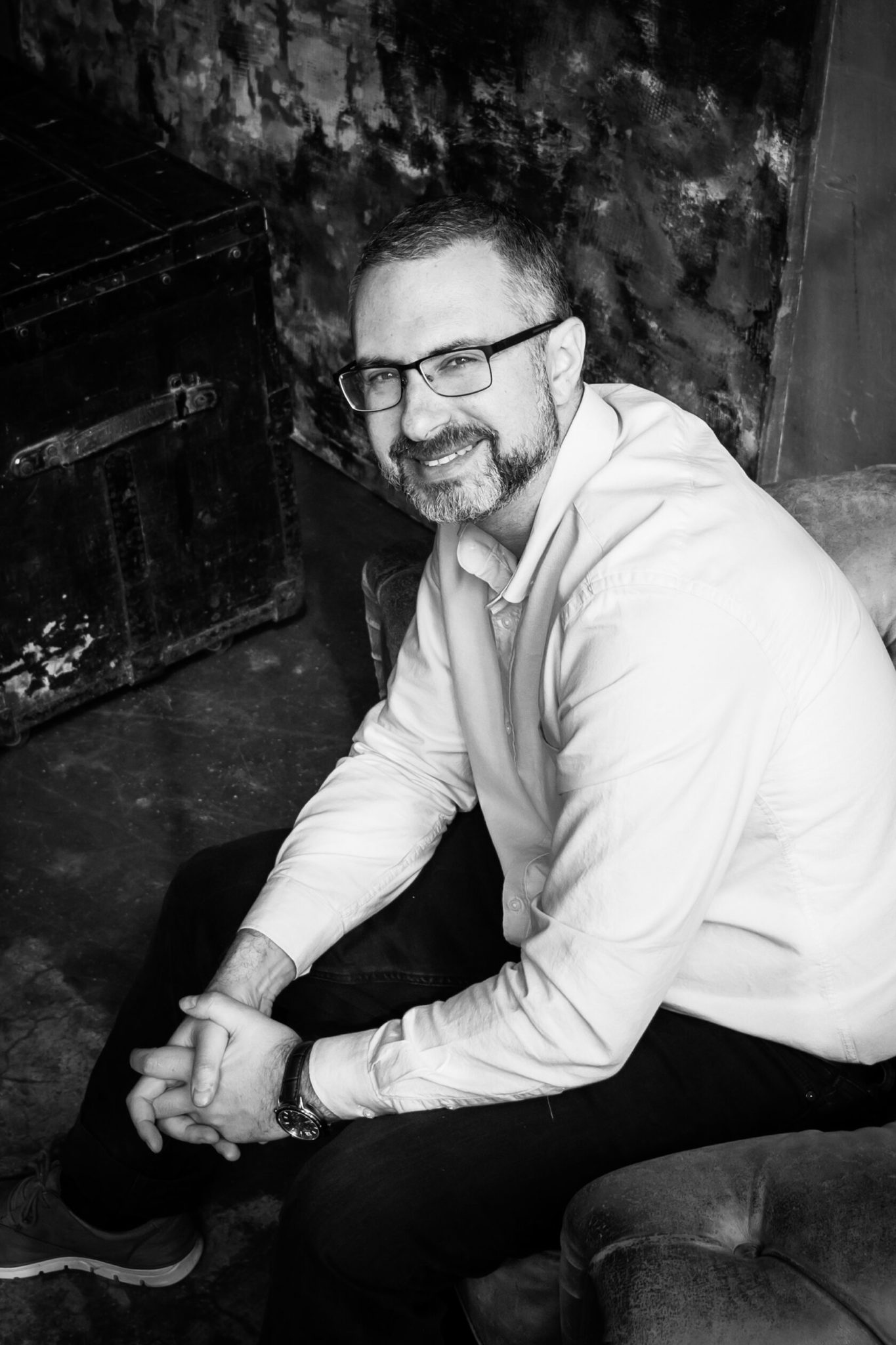“The Invisible Child”. How to Improve the Atmosphere Within a Relationship
I’ll start off with asking the obvious – how many people are actually in a couple? The answer seems obvious and we are used to thinking that there are two people in any couple. However I would suggest to look at the couples dynamics as if there are not 2 but 3 individuals there.
As we know from group therapy or by analyzing any group, a group (and a couple) is more than the sum of two or more people in it. Let me give you an example. When two people play a sport and enjoy it together, the enjoyment becomes an additional participant in their experience and in their group. If there is an audience watching them – said audience becomes the fourth participant: 1-2) two people, 3) the enjoyment, 4) the audience. If the audience enjoys the game, their enjoyment becomes the fourth participant. If the team and the audience come for a beer together after the game, the celebration becomes an additional participant, already the sixth. So, here we see that when two people get together, they create something more that just them two being present, and it is especially true with regards to a couple in a romantic relationship.
Let’s take a closer look at this additional thing that the couple has created. This thing is a shared value, from which both partners benefit and the value is totally dependent on both parties creating it. This shared value can come in a variety of forms, such as love, mutual support, sex, intimacy. It can be the common living space, travelling together, or cooking delicious meals in the kitchen. You can continue this set of examples, it is always something that the couple continually creates together – either emotional, sensual or physical. This third constituent – shared value, shared space, becomes a separate and additional entity to the couple and it also brings a meaning to the couples life. So the amount of constituents in the couple is not 2, it is actually 3 and the third component “the Invisible Child” that you as a couple create, becomes critical when the couple starts to experience problems. Let’s call it “The Invisible Child”.
I would even go that far to contend that the shared space becomes a couple’s first child. Taking care of the shared space, of this “Invisible Child” is actually the first indicator on how the couple is capable of parenting the real child or children. And just like a real child requires nourishment and care, the couples’ space requires exactly the same things to thrive.
The couple has a great time and shows satisfaction from the relationship when they take good care of this “child of theirs”. They both invest something in this shared space. They give it their love, their time, and their attention, thus benefiting from this shared space, and every day they nourish this entity, making it pleasant for each of themselves. Each of them makes an effort to improve this space and they appreciate it when the other side does the same. Preserving the couple’s space requires cooperation, mutuality and doing things in turn.
When a couple disagrees, they make an unconscious attempt to break and sacrifice this space, this “Invisible Child”. When we feel angry toward anyone, especially our partner, we do not want to help them feel good. On the opposite – we want them to feel as bad as we do. This is because we hope that by them experiencing the same emotions as us and feeling as miserable as we do in this very moment of anger, they might empathize with us and see things from our perspective. So, when the partners are unhappy about each other’s behavior they stop taking care of this couple’s space and they make it less pleasant for each other. Many common activities cease, communication and dialogue also come to a halt. This can result in both partners either shutting down, creating an unpleasant and threatening silence between them, or withdrawing from the space altogether, leaving “The Invisible Child” uncared for.
Another thing that the couple does is abandoning the couples space, “the Invisible child”. One of the partners may start to withdraw from shared activities and responsibilities, such as grocery shopping, cooking, or running errands. Obviously, it leaves the other partner frustrated and unhappy, having to do twice the amount of work. That, in turn, will lead to anger and dissatisfaction eventually causing the other partner to withdraw and abandon the shared space as well.
The couple may also use their shared space for revenge by intentionally creating a toxic atmosphere when angry or frustrated. The premise behind it is “I’ll poison the air you breathe and even though I breathe it too. Seeing you feel bad makes me feel better because I feel revenged”. Toxic atmosphere includes being intentionally inconsiderate towards the partner, for example making noise in the kitchen at night, inviting guests which the other party doesn’t welcome, not following the previously accepted house rules, disturbing the partner state of calmness so on.
What do I want to say with this article?
Imagine that your relationship is not just between the two of you, but also includes “The Invisible Child” which goes by the name of Couples Space. You nourish this child together and the better you take care of him or her, the better your relationship as a couple will be.
Here I will give you a little exercise that might help you and your partner strengthen your relationship. Close your eyes and visualize your couple’s space. Try to imagine it in as many details as possible and focus on them. Don’t rush it, take your time so that you see it from all sides: pay attention to its shape if it has one, its colors, what it’s made of. It can be a real object that comes to your mind or it can be some abstract object. Then, take a moment to draw it out. After that, ask your partner to do the same exercise and compare your drawings. Discuss: what are the same or similar things in how you both imagine this space? In what are they different? Can you put some time aside to discuss these differences and draw some conclusion that may be relevant to your couple’s current situation? It could be a great point of dialogue and to have a dialogue is always good for a couple as it enhances the quality of the shared space.
That’s it for today, I hope you found this useful. Please feel free to contact me should you need any help or additional info.



